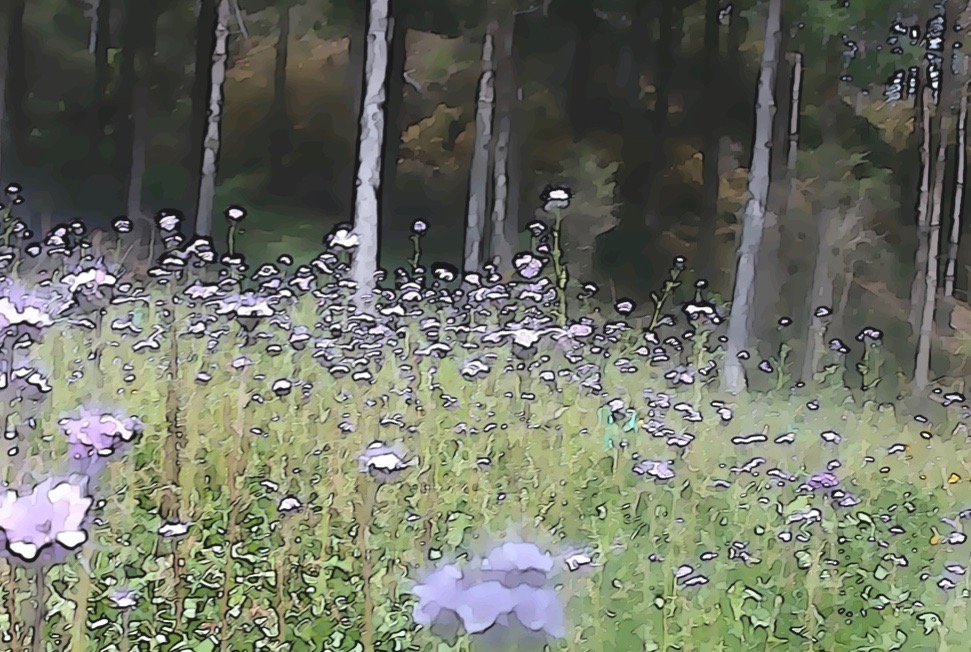The Sacred Groves of Aotearoa

About Permaculture
The only ethical decision is to take responsibility for our own existence and that of our children, this is the prime directive of permaculture.
Bill Mollison, Permaculture: A Designers Manual [1]
The term permaculture was coined by Bill Mollison and David Holmgren in the mid-1970s to describe an “integrated, evolving system of perennial or self-perpetuating plant and animal species useful to man.’
‘The only ethical decision is to take responsibility for our own existence and that of our children,’ this is the prime directive of permaculture.
A more current definition from David Holmgren [2] is ‘consciously designed landscapes which mimic the patterns and relationships found in nature, while yielding an abundance of food, fibre and energy for provision of local needs. People, their buildings and the ways in which they organise themselves are central to permaculture. Thus the permaculture vision of permanent or sustainable agriculture has evolved to one of permanent or sustainable culture.’
From a values and ethics perspective permaculture practitioners believe in caring for the Earth, caring for our People and in balance and fair share. These ethics are supported by twelve principles that can guide our thinking and our designs.
To me permaculture is a state of mind that reflects well thought out logic backed up by a deep sense of well being for all. It’s entirely practical and can be implemented at a macro and a micro level, piecemeal and whole.
[1] Permaculture: A Designers Manual by Bill Mollison. A Tagari Publication ISBN: O 908228 01 5 – https://www.tagari.com/home
Permaculture One by Bill Mollison and David Holmgren. Published by Corgi 1978 and since published in 7 languages (now out of print)
[2] Dave Holmgren – http://holmgren.com.au/about-permaculture/